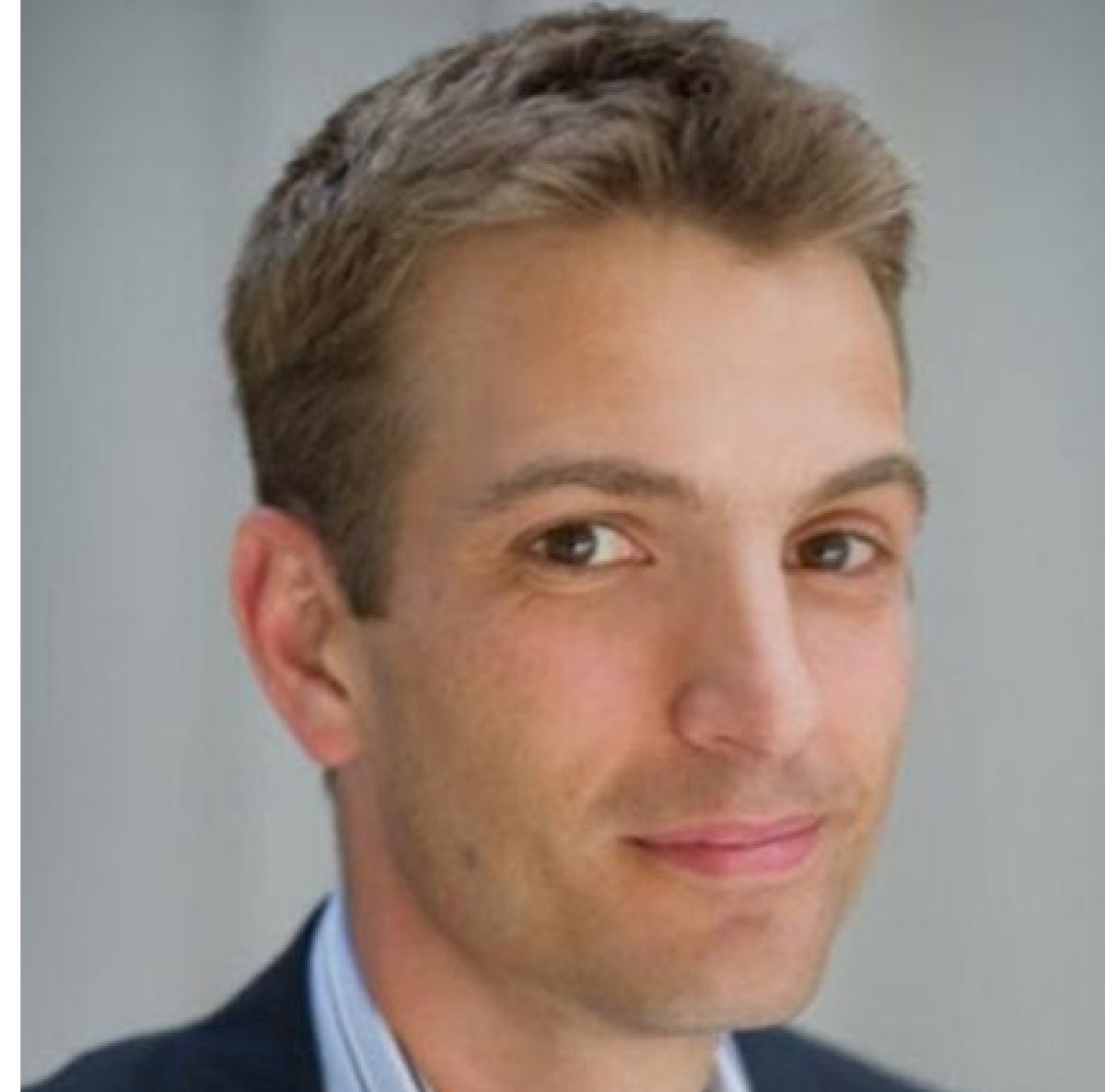The biometric cryptocurrency project dubbed Worldcoin is picking up steam, announcing several new high-profile hires this week that include former Google, X (Twitter) and Apple executives.
Tools for Humanity, the developer of Worldcoin that’s co-founded and chaired by OpenAI CEO Sam Altman, has said the project is necessary to to provide “proof of humanness” as artificial intelligence remakes how information is gathered and processed online.
Read more: Guide to Cryptocurrency Scams: How To Avoid Them
To that end, the Big Tech veterans joining the Worldcoin team have resumes focused on data security and privacy — fraught issues that have already led regulators to temporarily halt the nascent project in several countries.
JUAN MABROMATA/AFP via Getty Images
Former Google executives Adrian Ludwig and Ajay Patel will join Tools for Humanity as chief information security officer and head of World ID, respectively. Former Twitter privacy chief Damien Kieran has been appointed as chief privacy officer, and former Apple executive Rich Heley will join as the chief device officer.
Newsweek reached out to Tools for Humanity but did not hear back immediately.
What Is Worldcoin?
Formally launched last July, Worldcoin is a blockchain-based eyeball-scanning “proof of personhood” initiative, combined with a financial network, that asks users to scan their irises using a proprietary biometric device it calls The Orb.
In exchange, the user is given a “digital ID” as well as a cryptocurrency token and a way to make payments using that token. Part of the idea, as previously outlined by Altman, is that advancements in AI are making it increasingly difficult to tell whether a piece of digital content was made by humans rather than a bot or algorithm.
the goal is simple: a global financial and identity network based on proof of personhood. this feels especially important in the AI era.
i’m hopeful worldcoin can contribute to conversations about how we share access, benefits, and governance of future AI systems.
— Sam Altman (@sama) July 24, 2023
A blockchain-based digital ID is a way for people to verify their identity across products and applications while also, in theory, maintaining their privacy. Tools for Humanity says a person only needs to scan their irises once using The Orb, and the biometric data is turned into a unique code and then permanently deleted, making it impossible to create a false identity.
The company is currently scanning irises in dozens of cities, including New York and San Francisco, across 20 countries.
Criticism
Worldcoin has been subject to controversy and intense regulatory scrutiny since its launch, including a withering critique in the MIT Technology Review that claimed the initiative was using “deceptive marketing techniques” to “build a biometric database from the bodies of the poor.”
The article criticizes Worldcoin for allegedly sending representatives to villages in Indonesia, offering everything from cash to Airpods as incentives to recruit people to have their irises scanned. Worldcoin issued a response to the piece, saying the project no interest in harvesting personal data: “Worldcoin is only interested in a user’s uniqueness—i.e., that they have not signed up for Worldcoin before—not their identity.”
Government officials have expressed concern over Worldcoin’s data storage and collection practices, with Hong Kong, Portugal, Spain and Kenya opening investigations or ordering Worldcoin to cease operations entirely.
Last month, police in Kenya dropped their investigation, paving the way for the project to resume operations in that country.
Worldcoin’s New Executive Team
Adrian Ludwig
Ludwig is a well-known Silicon Valley cybersecurity expert who served as the lead engineer for Android security at Google, responsible for the security behind the Android platform as well as Google’s applications and services for Android.

RSA Conference
Prior to Google, Ludwig held leadership positions at Atlassian, Joyent, Adobe and the Department of Defense.
Ajay Patel
Patel previously led the Google Payments identity team, part of a long career as a project manager at the tech giant.

Patel, who studied at Northeastern University and MIT, co-founded Abaka Health, which simplifies planning and payments for healthcare. As head of WorldID for Tools for Humanity, Patel will lead Worldcoin’s go-to-market strategy and user experience.
Damien Kieran
Kieran was the deputy general counsel and first privacy chief at Twitter, now X, who resigned in 2022 when Elon Musk took over the social media platform. He was part of an exodus of senior executives on the company’s legal team who left over disagreements with Musk about employee contract violations and other contentious issues during the transition.

ANDREW HARRER/BLOOMBERG NEWS
Kieran went on to join BeReal, a social media platform that was sold for about $540 million last month to a French mobile gaming publisher. He will be the main point person for Worldcoin as it deals with increasing regulator scrutiny over its own privacy concerns.
Rich Heley
Heley most recently served as the head of product integrity at Meta, Facebook‘s parent company. He led the group responsible for reliability, failure analysis and safety as well as certification and compliance engineering.

Previously, Heley worked at Tesla for almost three years as a vice president. He also was at Apple for 10 years as a director of different engineering developments. At Tools for Humanity, Heley will be tasked with overseeing The Orb’s design and functionality.
Like Altman himself, Heley dropped out of Stanford. The two were there for a year together.
Uncommon Knowledge
Newsweek is committed to challenging conventional wisdom and finding connections in the search for common ground.
Newsweek is committed to challenging conventional wisdom and finding connections in the search for common ground.
This news is republished from another source. You can check the original article here







